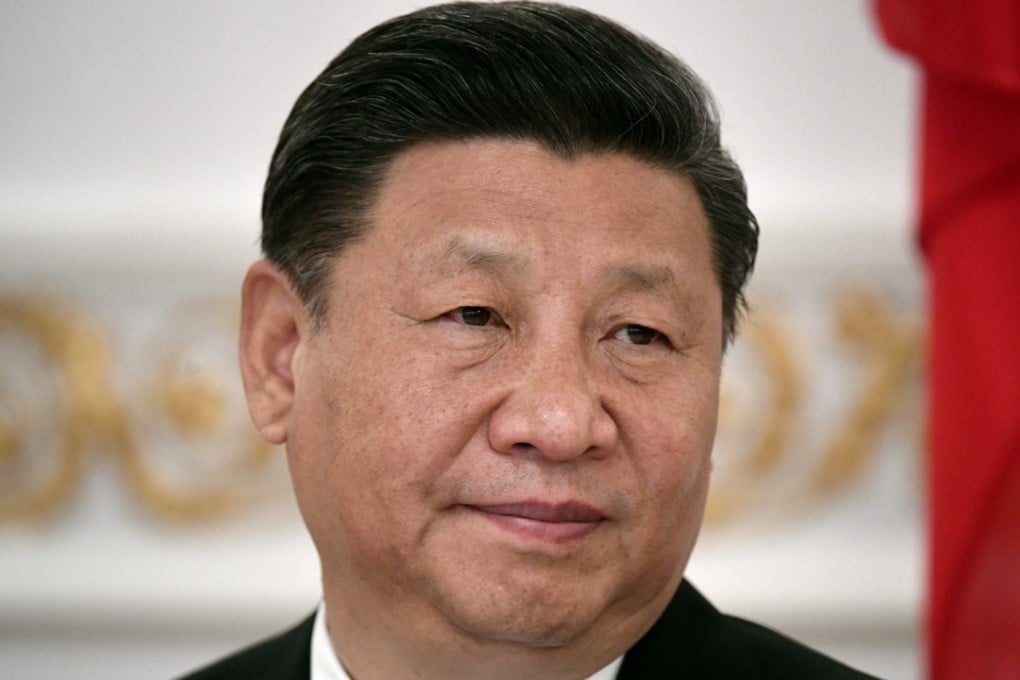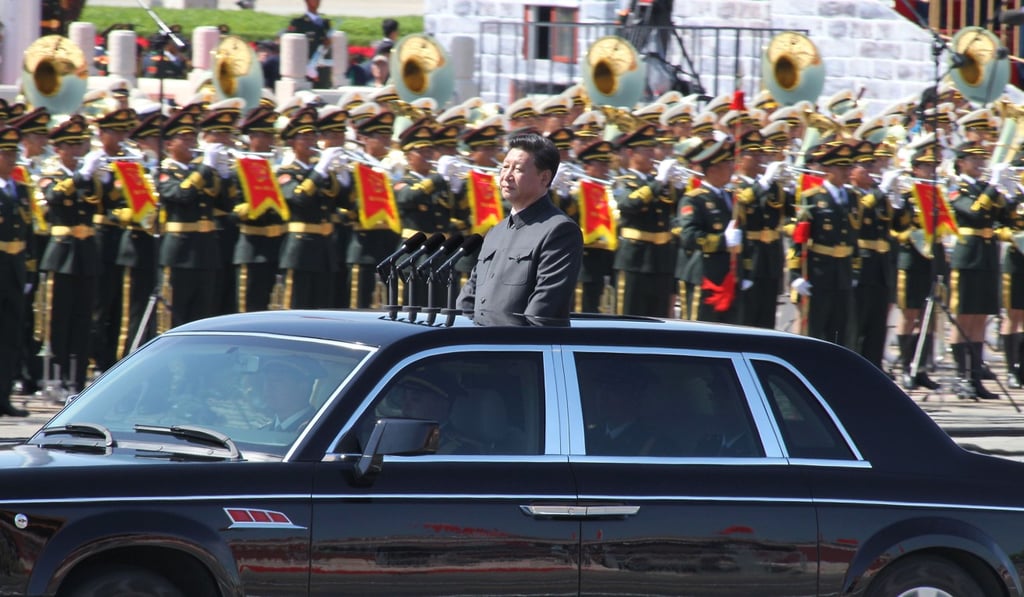In unusual move, Xi appoints top party leader to lead daily affairs of key committee
Vice-chairman Zhang Gaoli is tasked with running operation of committee that aims to integrate military and civilian investment and technology

Chinese President Xi Jinping has taken an unusual step by appointing a member from the top echelons of the Communist Party to a role managing the day to day operations of a committee tasked with integrating military and civilian investment and technology.
Xi held the first plenary meeting of the Central Commission for Integrated Military and Civilian Development, a group he created in January to foster military and civilian capacity integration, on Tuesday, according to the official Xinhua news agency. Xi is the chairman, and three other Politburo Standing Committee members – Li Keqiang, Liu Yunshan and Zhang Gaoli – are vice-chairmen.

However, Zhang, who is also a vice-premier and No. 7 on the Standing Committee, is also the director of the general affairs office for the commission.
Zhang’s position represents a departure from past practice since such posts are often taken by a lower ranking individual, usually a state councillor or a Politburo member.
It is also unusual for a member of the party’s highest decision-making body to take on a role dealing with day to day operations.